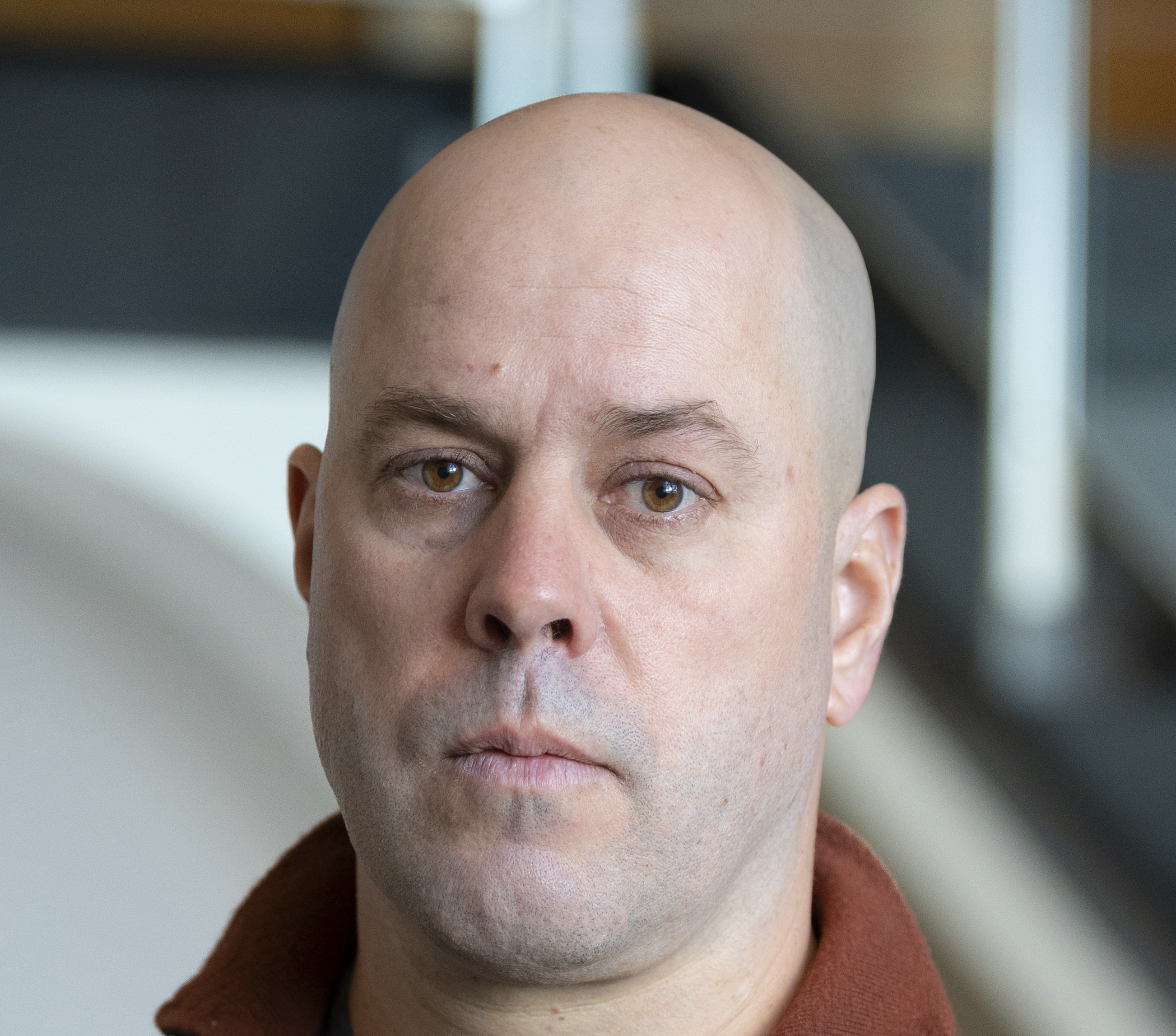
Timothy Whitehead, University of Colorado, Boulder
"Computational design and engineering of ligand binding proteins"
Abstract:
The design of new protein-ligand binding interactions, particularly for complex drug-like molecules, is an unsolved problem which could enable many practical applications. My group takes on the inverse problem of traditional drug design in that we redesign existing proteins to bind known small molecule metabolites or drugs. For this lecture I will discuss two relevant examples from my group. In the first part, I discuss the challenge of designing post-translational control of enzymes. Natural systems use extensive control of enzymes post-translationally to control metabolic flux on relevant timescales of seconds. Existing literature examples of engineering similar control into proteins are scant. We redesigned T7 RNA polymerase to be activated in response to indole using a chemical recovery of structure approach first described by Matthews1. After directed evolution, these redesigned RNA polymerases have minimal activity in the absence of indole and activate potently. We demonstrate control of gene expression exogenously, endogenously, in a co-culture, and show indole-dependent bacteriophage viability. For the second part of my talk, I will describe the computational redesign of a natural chemically induced dimerization system based on a plant hormone receptor2.This plant hormone receptor naturally binds to abscisic acid but can be repurposed to bind many different classes of molecules, including cannabinoids, organophosphates, nitazenes, and ergine (d-lysergic acid amide). In this talk I will highlight the design and engineering of specific in vitro POC diagnostics for synthetic opioids.
Bio:
Tim Whitehead obtained his Ph.D. in Chemical Engineering from U.C. Berkeley under Doug Clark and was a postdoctoral fellow in the lab of Nobel laureate David Baker at the University of Washington. He began his independent career at Michigan State University and moved with tenure to the University of Colorado, Boulder in 2019. He works on data-driven approaches for protein engineering, computational protein design, and synthetic biology. The fundamental goal of his research program is developing predictive control of protein-ligand molecular recognition. The practical goals of his research program are in areas related to sustainability and medicine.